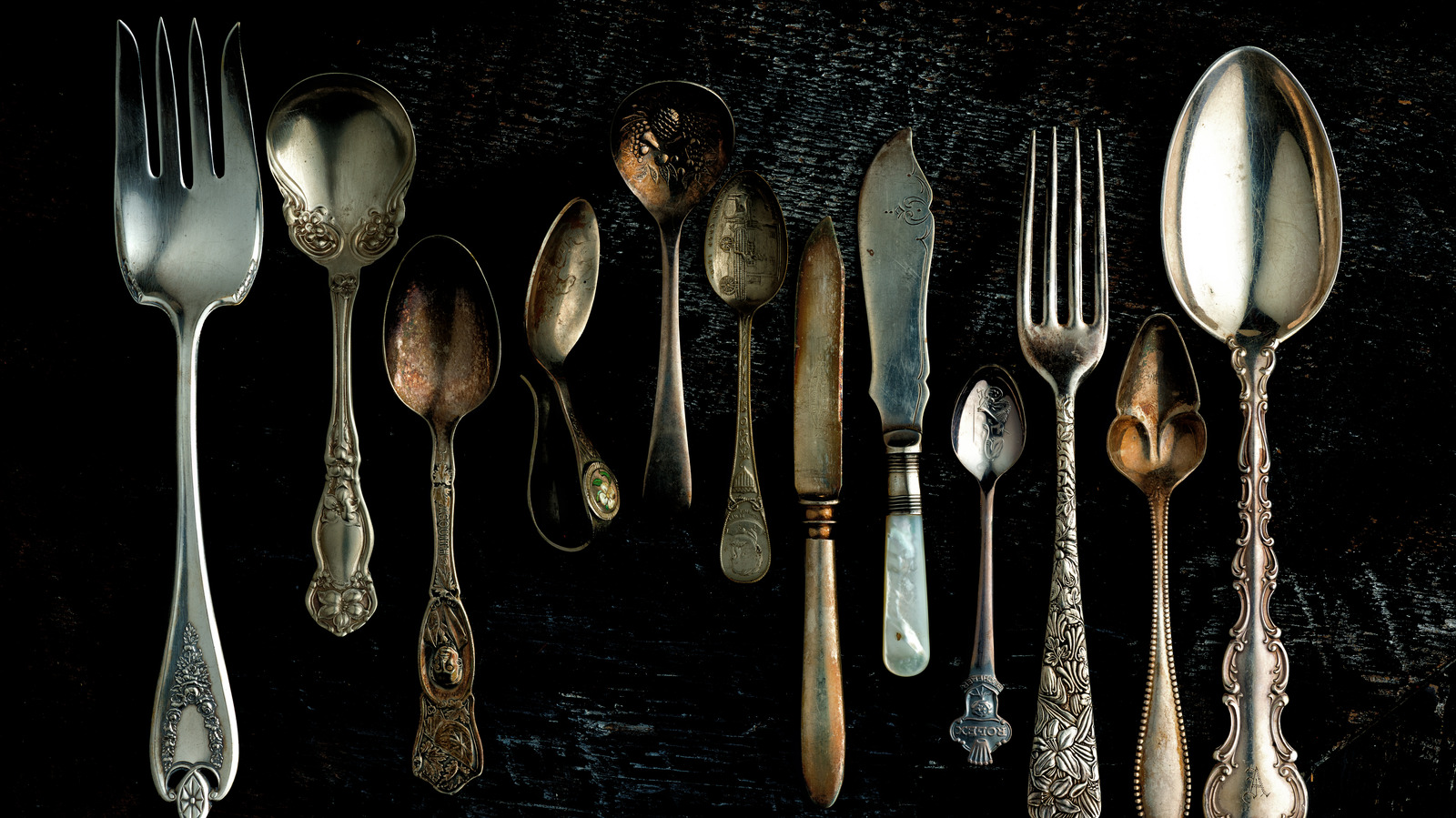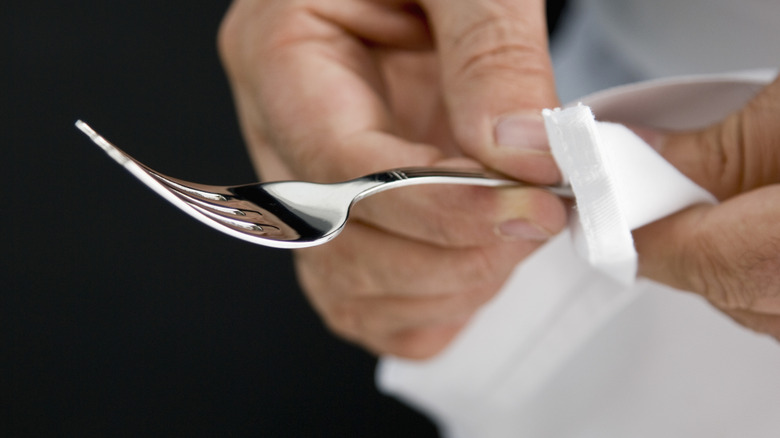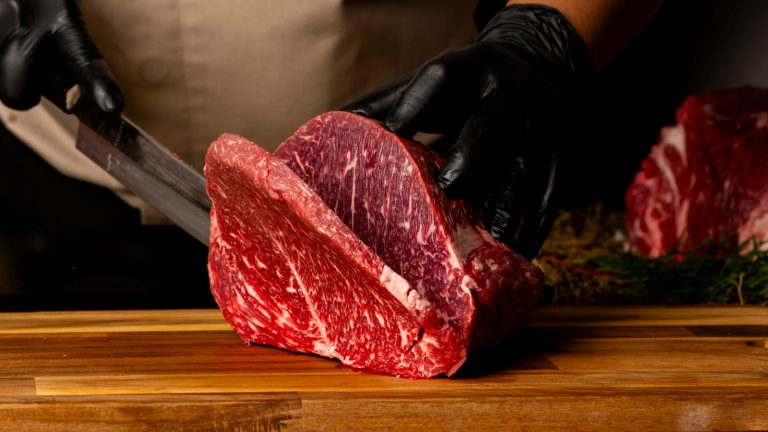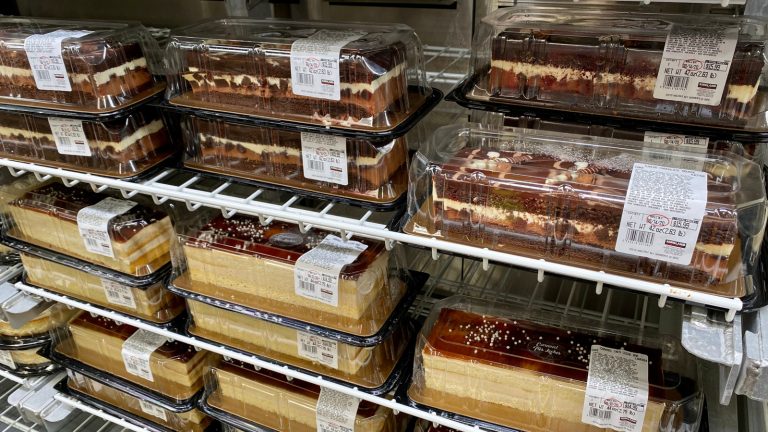There’s a certain thrill at thrifting an antique set of teaspoons, knowing that the tiny sugar stirrers probably accompanied many cups of tea and overheard a gossip session or two in its time. Evidence of the spoons’ age is plain for all to see, with brownish stains coating multiple items in the set, but this shouldn’t discourage you. If anything, it tells you that the teaspoons were well-loved, and just because it has a bit of tarnish doesn’t mean it can’t continue bringing joy. It’s normal for silverware items to accumulate tarnish over the years, but you can easily remove that tarnish with a simple cornstarch paste.
To make this one-ingredient silverware cleaner, mix two parts of water with one part of cornstarch in a small bowl. Coat the tarnished silverware in the paste and place it on a paper towel, letting the cornstarch work its magic for about 15 minutes until the paste hardens. Use a damp cloth (such as a microfiber towel) to gently rub away the paste, carefully working the areas with the most tarnish. Once the paste is rubbed off, take another dry, soft-fiber towel to buff the silverware until it shines.
Understanding tarnish and the power of cornstarch on silverware
Tarnish on silverware is caused by the chemical properties of the metals reacting with sulfur in the air to become silver sulfide, otherwise known as the brown and black stains ruining your heirloom Jean Dubost cutlery. While silver sulfide is primarily caused by a sulfur reaction, other human components can unintentionally accelerate the tarnishing response, such as improper storage and poor cleaning, which can turn a sparkling set of silver tongs into a relic. High humidity levels can also speed up the tarnishing of a piece of silverware, though that’s not always avoidable, so experts recommend taking extra care of your collection if you live in high-humidity or high-pollutant areas.
Cornstarch is an especially effective tool in removing tarnish thanks to its ability to gently scrape away silver sulfide without being too abrasive. Other removal methods, such as the aluminum and baking soda method, run the risk of ruining your sensitive silverware. Silver (even sterling silver, which is used in silverware) is a soft metal, so it needs to be treated with care. The delicate rubbing with cornstarch paste dislodges silver sulfide and allows it to easily wipe away, leaving shiny teaspoons for the next generation to admire and enjoy.






